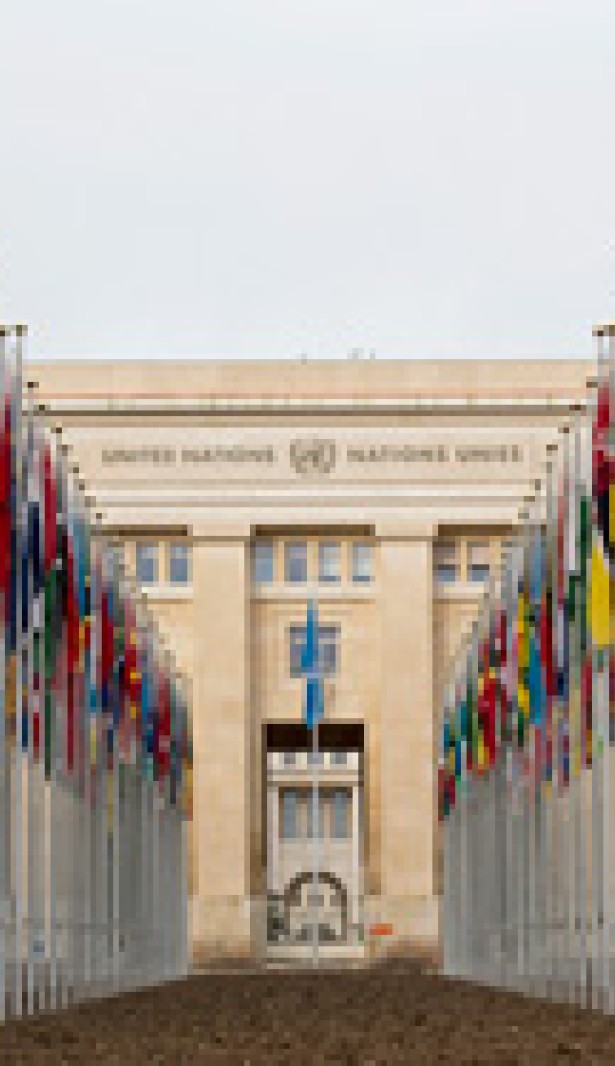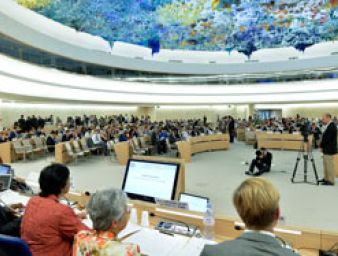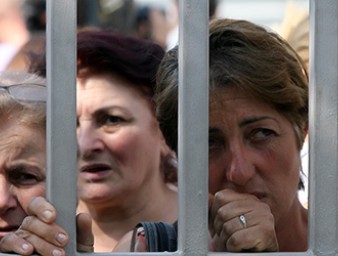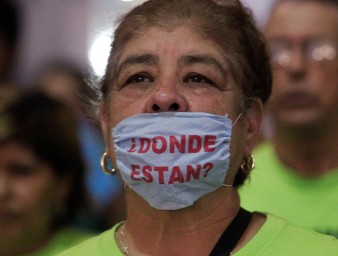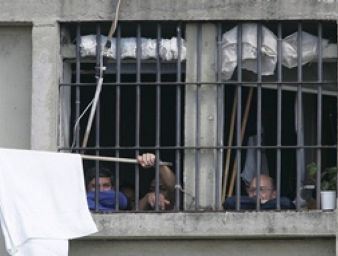UN General Assembly backs plans to boost the global protection and promotion of human rights
14 April 2014
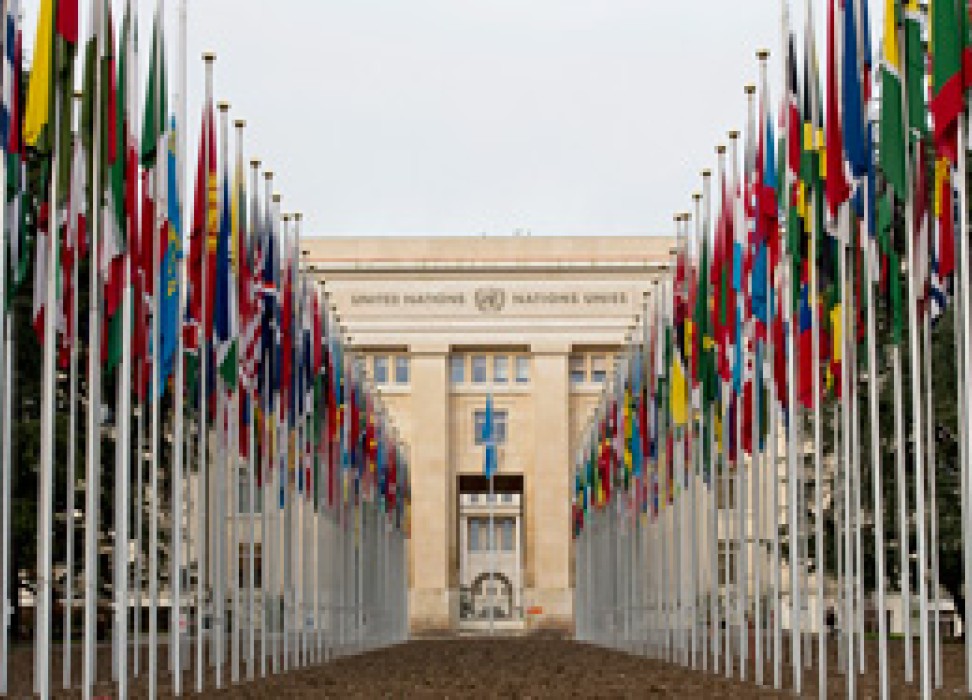
The United Nations treaty body system has been a victim of its own success. In a report to the General Assembly in 2012, Human Rights Chief Navi Pillay summed up the situation: “The treaty body system is surviving because of the dedication of the experts, who are unpaid volunteers, the support of staff in OHCHR and States’ non-compliance with reporting obligations.”
New conventions and the growing number of ratifications had stretched the system to breaking point, Pillay said.
The Treaty Bodies are 10 Geneva-based independent expert committees, each of which reviews periodically how countries actually implement the international treaties they have ratified.
The independent experts who sit on the committees consider submissions from States Parties in light of information available from all other sources. In their findings, the committees highlight areas of concern and make concrete recommendations for action.
In the 2010-2011 biennium, only 16 percent of States were reporting on time and according to the report, four of the (then) nine treaty bodies, even with the low reporting rate, were facing “significant and increasing backlogs of reports awaiting consideration.”
Both the Secretary-General Ban Ki-moon and High Commissioner Pillay have described the treaty body system as “one of the greatest achievements” in the history of the global struggle for human rights”.
The national discussions and debates which accompany the reporting cycle and which offer a voice to national human rights institutions and to civil society are “crucial”, Pillay said to the overall effectiveness of the system.
The continual reporting also compels a focus on implementation, she said, noting that the recommendations and general comments from the treaty bodies often offer early warnings to States and also provide guidance in implementing the provisions set down in the human rights treaties.
Conversely, the High Commissioner warned that: “A weak treaty body system has a far-reaching detrimental effect in relation to its immediate beneficiaries, but it also affects the United Nations human rights machinery as a whole, including the Human Rights Council’s Universal Periodic Review, as well as the global human rights movement”.
The review process initiated in 2009 was aimed, Pillay has stressed at “strengthening rather than reforming the treaty body system.”
Almost five years later and after global consultations, the General Assembly has now passed a resolution which approves a number of significant steps to ease the backlog and ensure the committee are appropriately resourced.
Ibrahim Salama, Director of the Human Rights Treaties Division at the Office of the High Commissioner for Human Rights, affirms that “this outcome constitutes a significant boost for the treaty body system which essentially gives life to human rights norms.”
The resolution provides for an additional 20 weeks meeting time per year, increased capacity building from the High Commissioner’s Office to assist States meet their compliance obligations and enhanced use of modern technology to facilitate participation from a broad range of groups.
Funding for the changes and extra resources will mainly come from savings made by streamlining the existing system, including through limits on the size of reports and documentation submitted by States. Interpretation and translation will also be reduced from the current six official languages to a maximum of three.
14 April 2014
